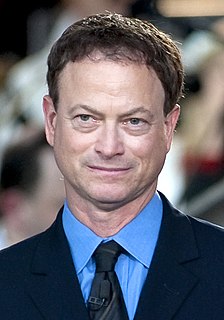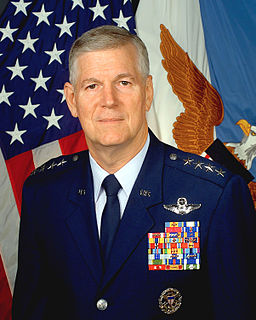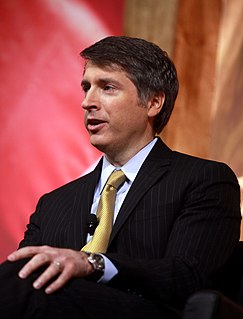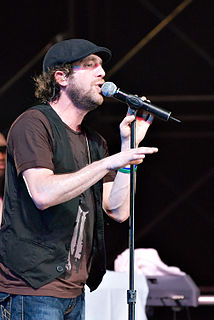A Quote by Gary Sinise
Well, I've been to Iraq twice now. I was in Baghdad in June and then north of Baghdad in November.
Related Quotes
There were a hundred booksellers in the old round city founded by the eighth-century caliph al-Mansur. The café and wine-drinking culture of Baghdad has been famous for centuries; there was a whole school of Iraqi poets who wrote poems about the wine bars of medieval Baghdad - the khamriyaat, or wine songs, that I quote in the book.
Baghdad fell on April 9, 2003, Hussein and his regime were brought down, we declared "Mission Accomplished" and celebrated victory . . . and chaos erupted. We did not assert control and authority over the country, especially Baghdad. We did not bring with us the capacity to impose our will. We did not take charge. And Iraq did not in a few weeks magically transform itself into a stable nation with democratic leaders. Instead a raging insurgency engulfed the country.

































